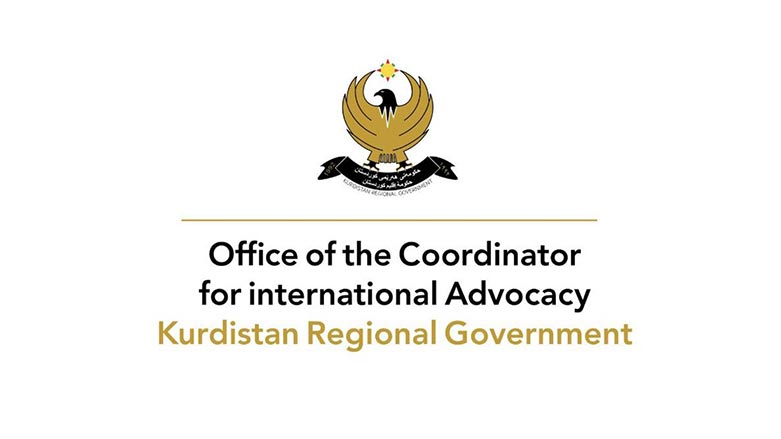Sherwan Sherwani charged with forgery: OCIA

ERBIL (Kurdistan 24) - The Kurdistan Regional Government Office of the Coordinator for International Advocacy (OCIA) announced on Sunday in a statement that Sherwan Sherwani, a journalist, was charged with forging the fingerprints and signatures of other convicts in prison.
“After the convicts, Ayaz Karam Rashid, Hariwan Isa Muhammed, Sherwan Amin Nao, Shivan Saeed Omer, and Gohdar Muhammed Amin submitted a request for conditional release, procedures were started to grant them conditional release. Then, under unclear circumstances, the convict Sherwan Amin Nao (a.k.a. Sherwan Sherwani) submitted a request to a social worker on behalf of the five convicts to suspend the conditional release that the convicts had previously requested,” the statement read.
Regarding their refusal to request conditional release, the social worker submitted the request to the director of the Erbil Correctional Facility, with copies forwarded to the law department and prosecutor general of the facility.
Meanwhile, convicts Shivan Saeed Omer and Gohdar Muhammed Amin denied that they refused conditional release. Thus, the Erbil Correctional Facility pursued legal action regarding forgery against Sherwani, as the request to cancel the conditional release had alleged fingerprints and signatures from the other four convicts.
After a preliminary investigation, Sherwani’s case was sent to the Erbil Investigation Court, where, after deliberation, he was charged with forgery under Articles 289/298 of the Iraqi Penal Code No. 111 of 1969.
However, the court then heard the request of the prosecutor general in the Third Criminal Court of Erbil and requested that, based on Article 142 of the penal code, the description of the crime from Articles 289/298 should be transferred to Articles 265/298 of the penal code.
The trial was held on July 20, after which the judge sentenced Sherwani to two years and six months under Article 295 of the Iraqi Penal Code on charges of forgery of documentation, and one year and six months under Article 298. Sherwani was thus sentenced to a total of four years in prison. The decision was made public and is subject to review.
The OCIA stated that according to the Criminal Court law and principles, fingerprinting or signing any application on behalf of another person is strictly prohibited.
